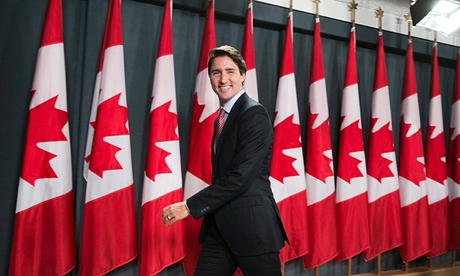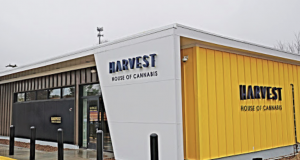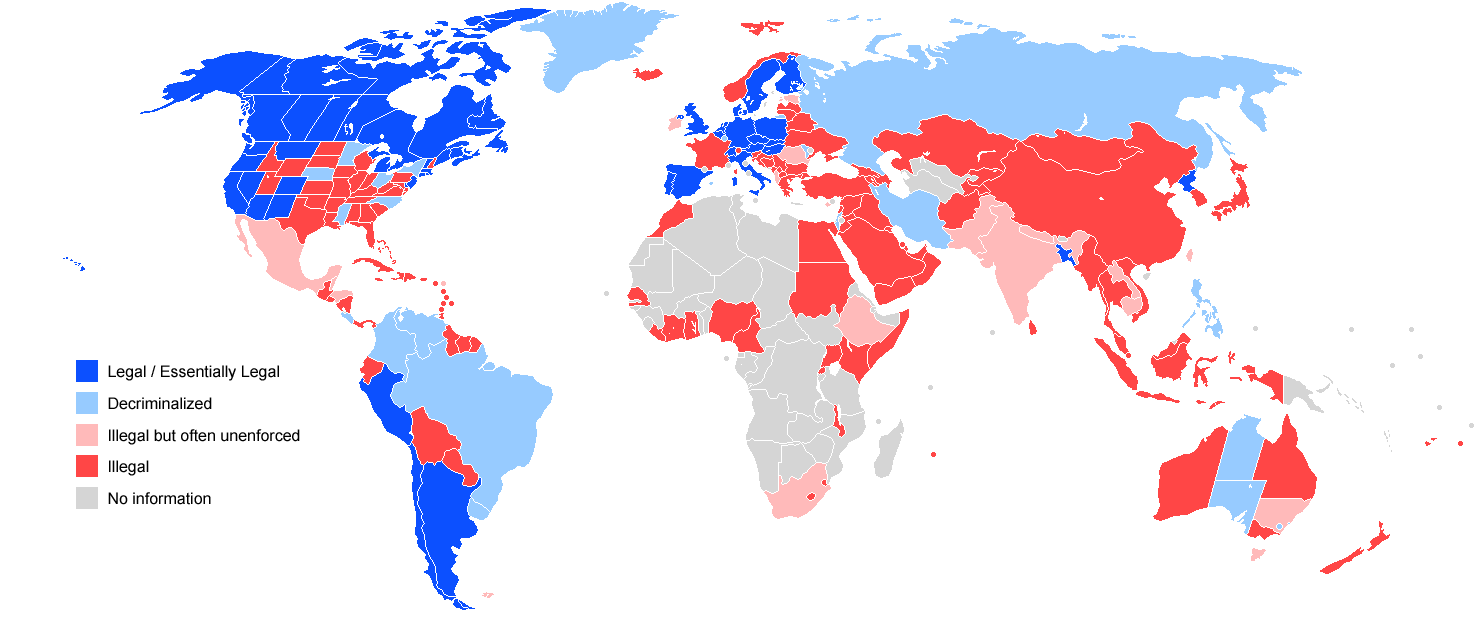Canada
Cannabis Legalization and Use in Canada

Back in June, Canada became the second country to legalize cannabis on a national level when their Senate approved Bill C-45. The law wouldn’t go into effect, however, until October 17th to give time for the proper machinations to get into place. Although, like in the United States, a majority of the population supported the bill, it still has its detractors. There are also a number of people who stand to benefit from the new laws. From Canadian usage to the exact letter of the law, what does legalization mean for Canada?
What Do Canadians Think?
As the first marijuana dispensaries opened their doors on October 17th, Canadians were enduring long lines, honking their horns, and cheering in support of the recent legalization. Like in the United States, the majority of Canadians supported the legalization of cannabis. This doesn’t mean that the law was without its fair share of detractors.
57% of those who responded to a survey do not believe that legalization will deter minors from using cannabis. As it stands, the law states that those purchasing cannabis must be 18, though individual provinces could choose to raise that age. 23% of those surveyed do not believe that legalization will have any impact on organized crime. A full 51% do not believe that their province will be ready for legalization, and 60% of respondents do not believe that local law enforcement will be ready to handle the change.
A Look at Current Laws
Under the current law, adults will be able to use, possess, and cultivate cannabis in Quebec and Alberta at age 18. Throughout the rest of the country, the age will be 19.
Cannabis will be available from retailers regulated by their individual province or territories. Sales of cannabis will not take place in stores where alcohol or tobacco is available. Ontario will allow people to smoke or vape cannabis anywhere they can consume tobacco. Saskatchewan will fine those smoking in public $200, and in Manitoba, that fine jumps up to $672.
Traveling with cannabis laws will also vary. Manitoba will require that it be stored in the trunk. Prince Edward Island is a bit different – it can be in open packaging, but will need to be kept out of the reach of drivers.
For those previously convicted of possessing 30 grams or less of cannabis, plans are in place to issue pardons.
However, don’t try to enter or leave Canada carrying cannabis. It is illegal to carry cannabis over international borders. Leave your vaporizers at home!
Laws will also vary from province to province, so if you’re planning on a visit, make sure to familiarize yourself with individual province laws.
Canadian Use of Cannabis
As stated earlier, many people were concerned that their province was not ready for legalization from a supply standpoint. Apparently, their concerns were justified. Just four days after legalization became law, retail shops were nearly sold out of cannabis and cannabis consumption tools like dry herb vaporizers.
Part of the problem is that there simply was not enough supply from the producers to meet the orders of the stores that were operating, both brick and mortar and online venues.
One company in Winnipeg sold out in the early morning, exhausting nearly $50,000 in supply by the time that they were done.
This shortage was predicted earlier, with forecasters saying that Canada could supply 210 tons of product, but that the demand on opening day would likely be around 610 tons.
What Does the Public Gain?
Aside from something once considered a crime now being legal, the public stands to gain a lot from legalization. With legalization comes regulation, ending the typical guessing game when it comes to quality on the black market.
Investors gained early – six cannabis stocks shot up in value when the bill passed the Senate back in June. Prominent cannabis companies traded on NASDAQ and the NYSE rose between 2.4% and 6%.
The public also gains on the tax front, as the taxes on legalized cannabis will be about 10%, which is considerably less than the 50%-80% excise tax on beer, wine, and spirits. Of course, those taxes will be put to good use, benefiting the public.
Whether a person agrees or disagrees with Canadian legalization or places with recreational like Napa or medical in Glendale Arizona, it’s here to stay, it seems, with a support so great that supply has had trouble keeping up.
Author
Michael is a marketing and creative content specialist at GotVape.com with a primary focus on customer satisfaction. Technology and fitness combined with healthy lifestyle obsession are his main talking points


